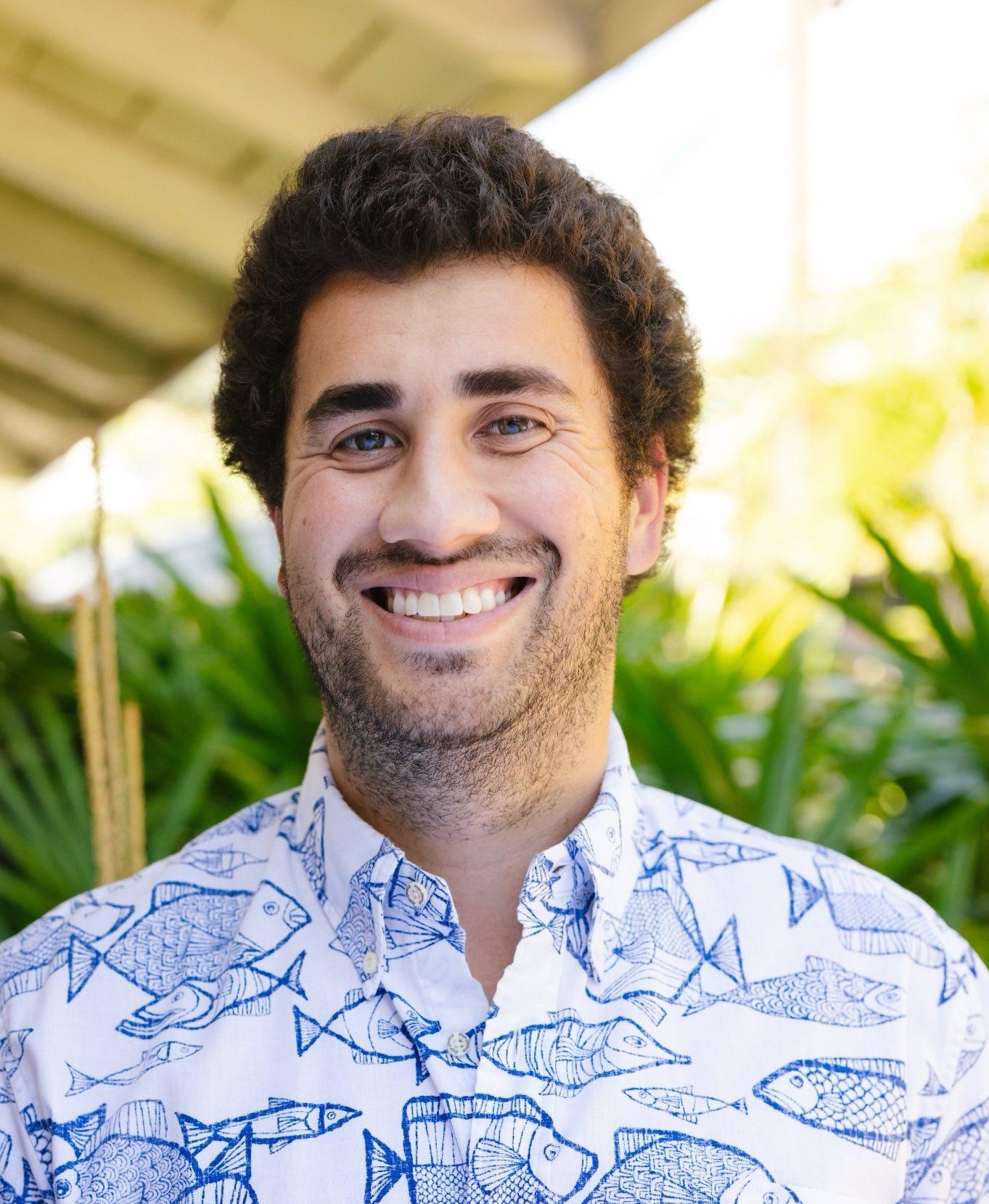Computer systems can unintentionally introduce bias, compromise privacy, or affect communities — how can we build systems that are both technically robust and socially responsible?
The Workshop on Ethical Systems and Architecture Design (HotEthics'26) provides a forum for research that identifies challenges and explores innovative approaches to align technology with ethical principles in computer systems. Building on the success of our inaugural 2024 workshop, HotEthics'26 brings together researchers to share experiences, discuss new challenges, and explore opportunities in building socially conscious system infrastructures. The workshop covers the full system stack, focusing on ethical concerns arising from system and architecture design choices and on resolving existing ethical issues through system-level design.
Call for Papers
HotEthics'26 invites submissions that address or critically examine the ethical implications of systems and architectures. Topics of interest include, but are not limited to:
- Environmental impact of system designs
- Systems and architectures for rural and developing communities
- Biases introduced by computer architecture and systems
- Low-cost, low-power, and accessible device design
- Privacy- and security-aware system design
- Biases in machine learning for systems
- Benchmarking practices and their ethical implications
- System reliability, maintainability, and long-term societal impact
- Research methodology, evaluation norms, and incentives
Submission Guidelines
We invite submissions in four categories: completed research papers, industry and practice papers, work-in-progress papers, and provocative or visionary takes (i.e., short papers that provoke, inspire, or motivate new approaches or ideas). Note: submissions are not required to include formal quantitative or experimental results.
Short papers: up to 2 pages (excluding references).
Long papers: up to 4 pages (excluding references).
Formatting: double-column format, 11pt font, US letter (8.5" × 11").
Review model: reviews will be single-blind; thus, submissions should not be anonymized.
Note: at this time, we do not plan to provide formal written reviews or feedback to authors.
All submissions will be reviewed by the organizing committee for relevance and fit.
The workshop will not have formal proceedings, and authors are free to publish extended versions of their work in other conferences and journals.
Accepted papers and presentation slides will be made available on the workshop website.
Important Dates
- Submission deadline: 30th January 2026, Friday (AoE)
- Notification of decisions: 13th February 2026, Friday (AoE)
- Submission portal: HotCRP
- Workshop: 22nd March 2026, Sunday (@ ASPLOS 2026)









